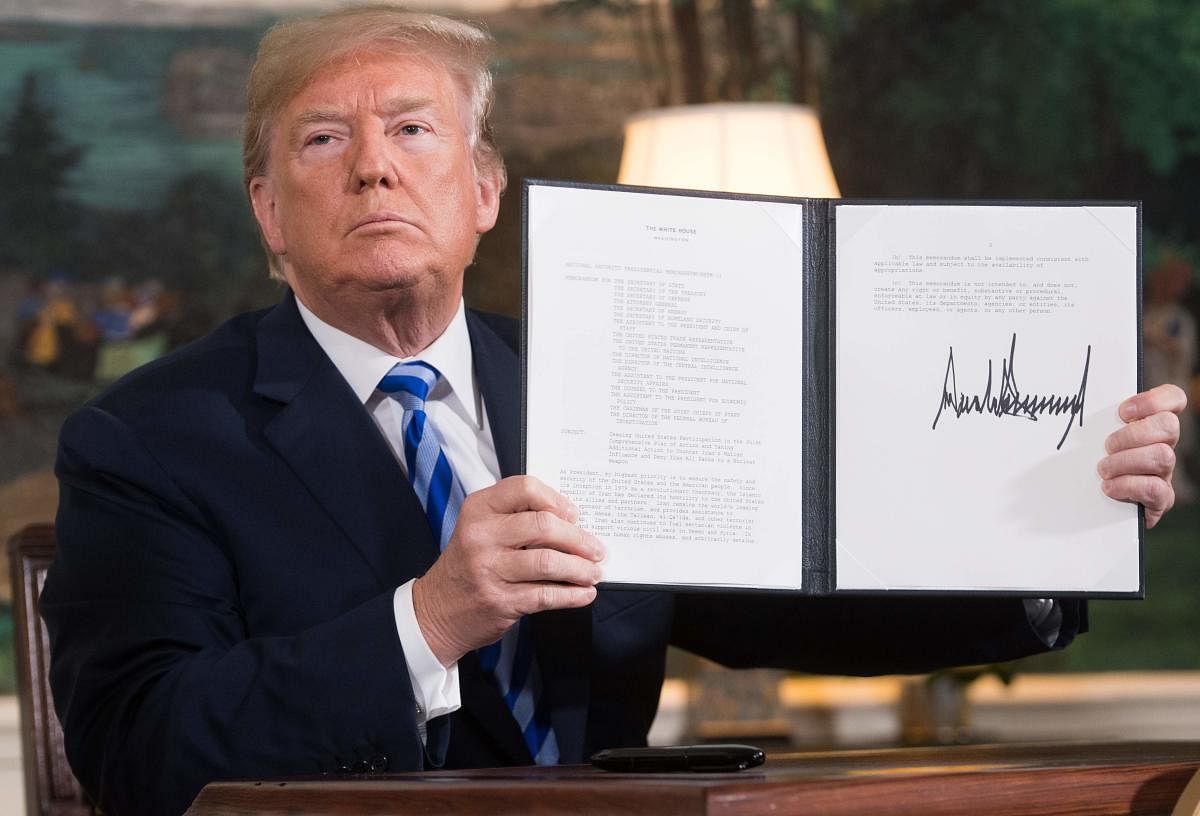
US President Donald Trump’s decision not to extend a six-month-long sanctions waiver to India puts Delhi in a difficult situation. To avoid being subjected to secondary US sanctions, India will have to halt buying oil from Iran. This could jeopardize India’s long-standing friendship with Iran. It will not be an easy decision for New Delhi given India’s close ties with both Iran and the US. Having to choose one over the other is not in our best interests. Besides India, seven other countries—China, Japan, South Korea, Taiwan, Turkey, Italy and Greece—find themselves in a similar situation, a fallout of the Trump administration’s decision in 2018 to withdraw from the 2015 Iran nuclear deal. As a result, the US re-imposed sanctions on Iran. It gave eight countries a six-month sanctions waiver to make alternative arrangements to source oil. That grace period is about to end.
India has indicated that it will bring down to zero its import of Iranian oil by the May 2 deadline. This means it is choosing to go along with the US in the ongoing US-Iran spat. Indian officials have said that the loss of Iranian oil will not hurt the Indian economy much as India has put in place alternative arrangements for sourcing oil. Apparently, India will import more oil from Saudi Arabia and the UAE. Indian officials say that at a time when the US is strongly supporting India in its effort to get Jaish-e-Mohammed chief Masood Azhar blacklisted by the UNSC, Delhi cannot be seen to be defying Washington on the Iran sanctions issue. Besides, India’s co-operation with Iran over the Chabahar port will not be impacted by the US sanctions.
The Narendra Modi government’s attempt to sell the Indian decision as a carefully considered one cannot mask the fact that India is caving in to US bullying. This will have both economic and foreign policy impacts. Giving up Iranian oil, which we obtain at preferential rates and terms, for other sources will push up the oil import bill sharply. Every dollar increase in crude price will mean an additional $1 billion import expense. Higher fuel cost will also push up inflation. On the foreign policy front, India’s interests are served by maintaining close ties with all countries that further our security. Iran has been a friend on the Kashmir issue and the two countries have cooperated in Afghanistan as well. Throwing away these gains is not in India’s interest. Delhi must reach out to Iran and expand cooperation in other areas of importance to both countries. It must also diversify into non-dollar trade arrangements, an option that other countries are pursuing to protect trade and currency interests.